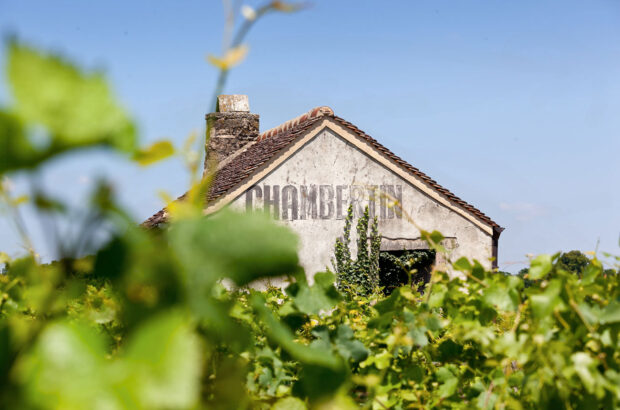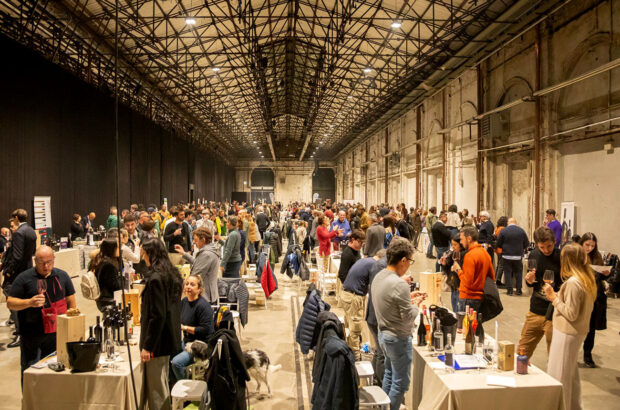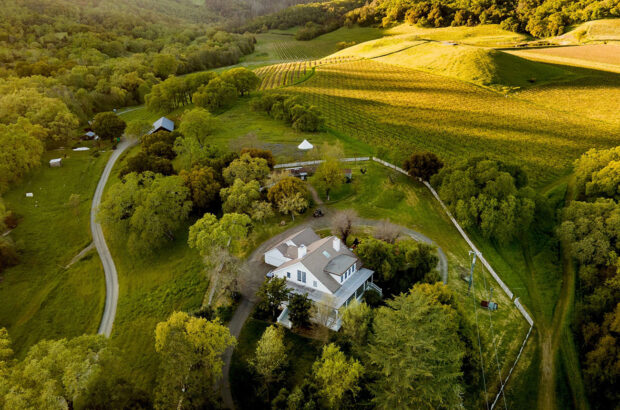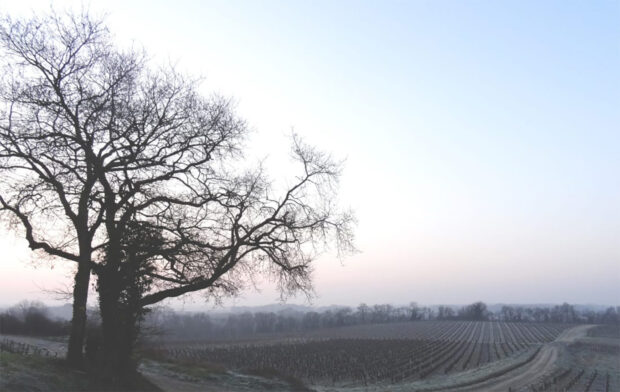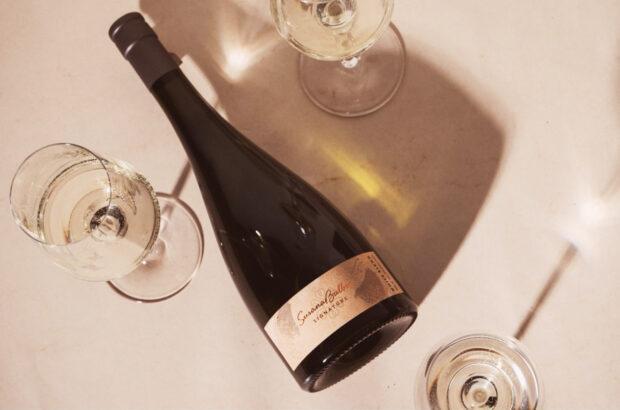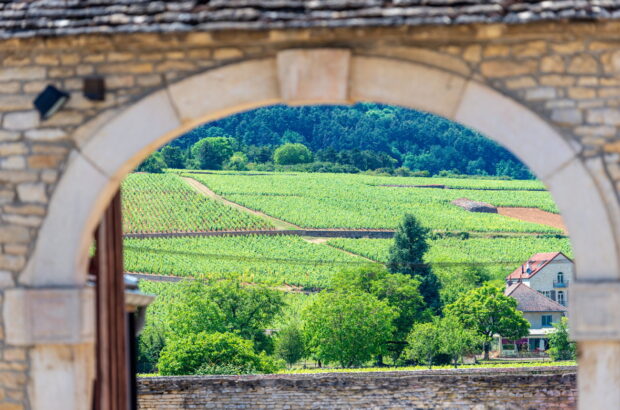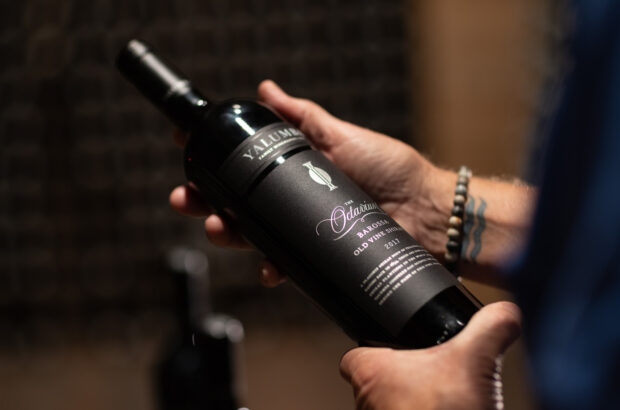The Wine Society has been celebrating its 150th anniversary throughout 2024, with a jam-packed programme of events, special bottlings and producer-facing initiatives. One of the highlights has been the quarterly release of the different tranches of the Generation Series. We sat down with wine director Pierre Mansour ahead of the fourth and final launch.
Decanter: These last few years have been extremely challenging – particularly for the wine sector. Any lessons learned?
Pierre Mansour: The businesses that have kept their heads above water are the ones that emphasised the things that make them stand out. Being a mutual without external shareholders, that was exactly our strategy. However, two important challenges that will have an ongoing impact on the wine sector: climate change and a general loss of confidence in en primeur (EP) campaigns. There are older, fully-matured vintages available significantly cheaper than new releases. It’s a really hard case to make for a fine wine consumer.
D: The Society released a celebratory fine wine Anniversary range – it reflects interesting changes in the understanding and geography of fine wine.
PM: The quality and breadth of fine wines is greater than ever. Last year we started a new proposition, called First Release, alongside EP. We are selling as much Australian and Spanish wine through First Release as we are French (which, for context, makes up 60% of our turnover overall). There is definitely an exciting shift here – and incredible opportunity for off-the-beaten-track fine wines to emerge.
Scroll down for tasting notes and scores for the wines in the final release of The Wine Society’s Generation Series
D: The Society has invested a lot on a sustainability programme. What have you achieved so far and what are the main goals moving forward?
PM: It’s a massive holistic approach. The first thing we did was complete an audit of our carbon footprint. It showed us that the highest contributing factor is glass bottles. We’re now at just over 40% of our range using bottles weighing less than 420g – our goal is 60% by 2025 and 100% by 2027. We are on our journey to being carbon neutral and carbon zero. But instead of offsetting, we are insetting: rather than buying offsetting credits we are providing funds to our suppliers for initiatives that will help create a more resilient vineyard and carbon reduction in the long term .
We’ve been running seminars for our suppliers, focused on regenerative agriculture. We bring in keynote speakers and also producers that already implement regenerative practices. And we will be soon announcing the winners of our Climate and Nature programme, through which we directly fund a number of our growers so they can develop sustainability practices.
D: One of the most exciting initiatives of the 150th has been the release, throughout the year, of the different tranches of the Generation Series, each focused on half a century of The Society’s history. There were some really interesting discoveries in the early releases.
PM: It was almost like going into a time machine. There were three surprises that really stood out for me in the first release [1974-1824]: the fact that Portuguese still red wines were popular – I was expecting to see Port only; the Wachenheimer Riesling, which was much drier than the benchmark German Rieslings of today; and, finally, the red Rioja, which tastes like what most of us consider as a modern, or future Rioja. Learning all these things and creating these new wines has been so fascinating.
D: The fourth and final release, which looks at the future of wine, is now available. How did you develop it?
PM: We started by identifying the biggest trends that will shape the wine industry over the next 50 years. The most important of which will no doubt be climate change and the [consequent] emergence of lesser-known and resistant grapes – the series includes a Burgundy Aligoté and a Sauvignac. We’ve also bottled our first still English Chardonnay as part of the Series. We’ve included two wines from our ‘Sustainability Champions’: Symington’s in Portugal (Farming Champion) and Simonsig in South Africa (All-rounder Champion).
We also wanted to provocatively question the lack of innovation in the wine industry. So we worked with Chapoutier to create a blend from the Southern and Northern Hemispheres – Syrah from the Rhône and Shiraz from Victoria.
Not all the trends we identified – wines produced north of the UK or alcohol-free, for example – are represented in the range because we couldn’t find examples that offered good quality/value. On the other hand, we’ve included a botanical brew as a non-alcoholic alternative – they definitely have the wine drinker in mind and we think there’s potential there.
D: You’ve been at TWS for over 20 years. What are the most important changes you’ve witnessed in the wine industry? And what were your most pleasant discoveries?
PM: The big thing is that wine quality has stepped up across the board. On a more personal and philosophical level, what I think is really important [in wine] has changed. As a novice I focused on variety, sense of terroir, climate soil… When what actually makes wine so special is people; the product is directly shaped by the producers’ decisions and philosophy and is also designed to connect people.
In terms of discoveries, I must mention Spain. I bought Spain for 15 years and my word, within that timespan that country went from being a good to an outstanding producer. Another country that constantly excites me is Greece, especially Xinomavro which I think is a real ‘future fine wine’.




